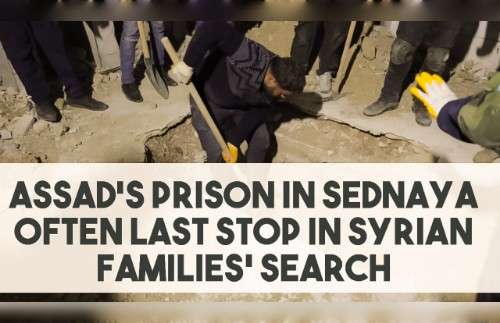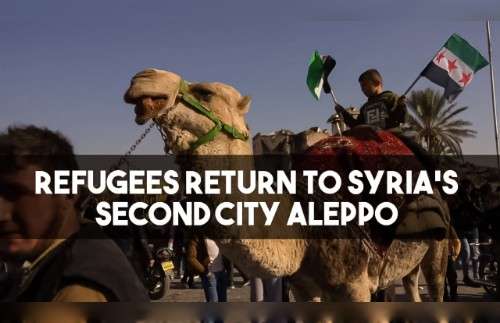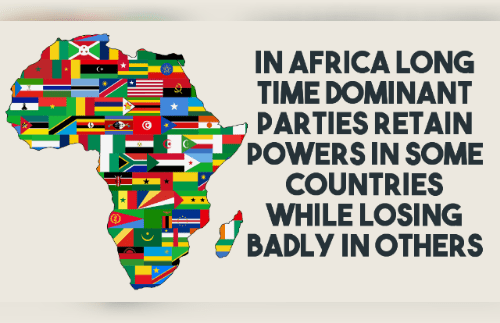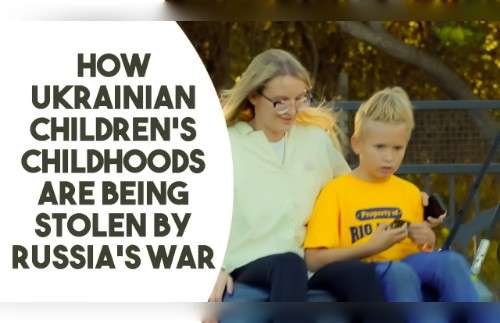The lives and futures of more than three million displaced children are at risk in the Democratic Republic of the Congo (DRC) while the world is looking the other way, according to a report released today by the UN Children’s Fund.
In the east of the country, a succession of brutal attacks by fighters using machetes and heavy weapons have forced whole communities to flee with only the barest of possessions. Entire families — including children – have been hacked to death. Health centres and schools have been ransacked, and whole villages set ablaze.
The UNICEF report calls for an end to the conflict which has fueled one of the world’s worst humanitarian crises. UN figures show that there are currently 5.2 million displaced people in the DRC, more than in any country except Syria. Fifty per cent have been displaced in the last twelve months.
Displaced families live in crowded settlements that lack safe water, health care and other basic services. Others are accommodated by impoverished local communities. In the most violence-afflicted provinces of Ituri, North Kivu, South Kivu and Tanganyika, more than 8 million people are acutely food insecure.
The report recounts the testimony of children who have been recruited as militia fighters, subjected to sexual assault, and suffered other grave violations of their rights. Such violations registered a 16 per cent increase in the first six months of 2020 compared to the previous year.
Delivering relief assistance to populations who have been displaced is complex, and often hampered by insecurity and a weak transport infrastructure.
A rapid response programme directed by UNICEF with national partner NGOs offers a temporary solution, providing tarpaulins, cooking utensils, jerrycans and other essentials to nearly 500,000 people in 2020.
Security is a major concern for workers from UNICEF and their local and international partners.
DRC UNICEF says that while the situation remains highly volatile, the Congolese army is trying to curb the power of the militia groups and re-assert the authority of the state. It says that building on these tenuous signs of progress must be the priority.
–UNICEF
Escaping from Scam Center on Cambodia’s Bokor Mountain
UN Security Council Meets to Discuss Children and Armed Conflict
10 Shocking Revelations from Bangladesh Commission’s Report About Ex-PM Hasina-Linked Forced Disappearances
Migration Dynamics Shifting Due to New US Administration New Regional Laws
UN Security Council Meets to Discuss the Maintenance of International Peace and Security and Artificial Intelligence
Winter Brings New Challenges for Residents living in Ukraine’s Donetsk Region
Permanent Representative of Israel Briefs Press at UN Headquarters
Hospitals Overwhelmed in Vanuatu as Death and Damage Toll Mounts from Quake
Subscribe Our You Tube Channel
Fighting Fake News
Fighting Lies


















